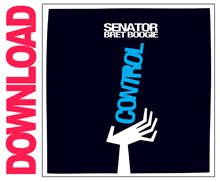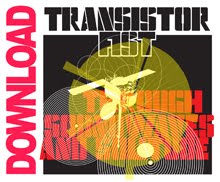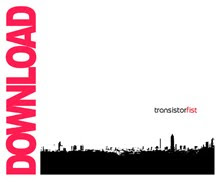 Arrow of God
Arrow of GodChinua Achebe, 1964
African novelist Chinua Achebe offers intimate portraits of an exploited Africa. His books tell of villages dismantled by British overseers and ancient customs wrought useless by white interests.
His tales are politically charged and emotionally stimulating. They touch on world issues, while focusing on human interests. “Arrow of God” focuses on the interests of a small community struggling to maintain its identity alongside new Western ideas.
Achebe’s more famous books, “Things Fall Apart” and “A Man of the People,” identified Western influence as the killer of African traditions. Those books concentrated on white characters and how they infiltrated native areas, but with “Arrow of God,” Achebe dissects how villagers allow themselves to be swayed by change or the lack thereof.
He subtly criticizes Africans for not making cultural advancements that could improve life. Like in all his works, he does not draw any clear lines. He points out native apathy and blames the colonizing British forces for forcing change, but does not offer any solutions. The reader is left to form his own opinions from the disturbed feelings reared from the narrative.
Ahh, the narrative. I guess I should say something about that, huh? “Arrow of God” is a bit slow-going. At only 260 pages, the book took a bit too much patience for my taste, but is worth the time in the end.
“Arrow of God” describes the conflict of change through the struggles of father and son. Set in the Ibo heartland of Eastern Nigeria, the book revolves around Ezeulu, a merry yet dignified chief priest who epitomizes the spirituality and ceremony of village life. When faced with the disintegration of the old order under the impact of British colonial authority, he finds that his own authority and the allegiances of his son are at stake as well.
Through Ezeulu’s story we learn of ancient customs and how those backward-seeming traits can create progressive results within a community of like minds. Those traits, however, are shown to condemn people to a harsh life. Through Ezeulu’s traditional approaches, the reader learns about Western imperialism’s affects, and that is the book’s contemporary appeal.
Achebe highlights the tactics of Christianity’s move to convert African people and crush their identity. He illustrates how governments infiltrate societies and how those societies are affected. As America continues its crusades into foreign countries, Achebe’s work stands as crucial as ever.
-Bret Duchen





No comments:
Post a Comment